Discover why Naruto is one of the most lovable shonen protagonists. Explore his traits and actions in the series that stick out to fans.
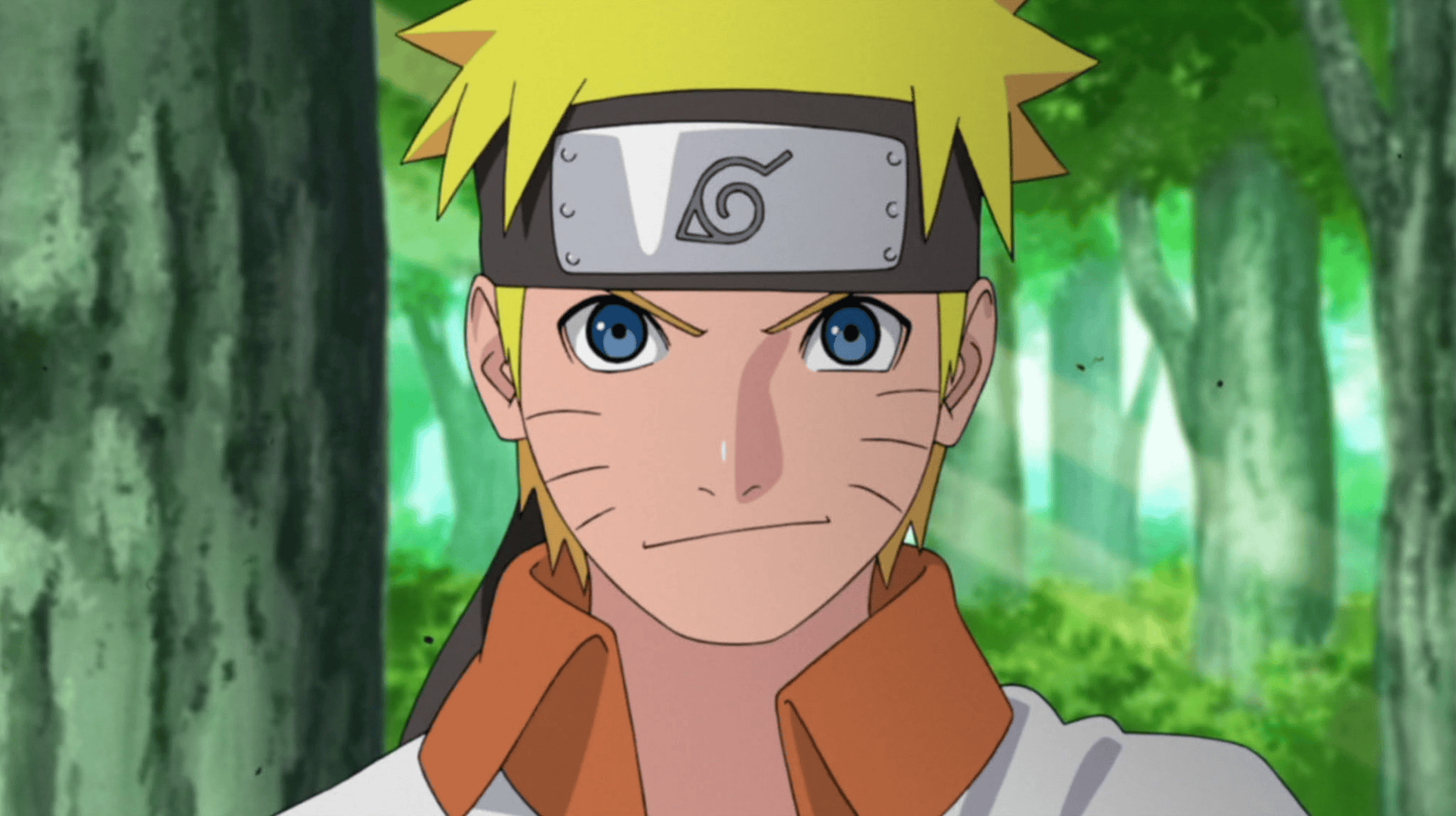
In the realm of shonen anime, protagonists often share common traits such as courage, resilience, and a sense of justice. However, not many have been able to capture the hearts of viewers as deeply as Naruto Uzumaki. As the titular protagonist of the series, his journey is one of profound growth and determination, consistently inspiring fans.
However, Naruto is also not a person who completely fits into the shonen protagonist trope, displaying several facets that aren’t usually covered. Rather than hindering his character, these different elements only help make him more memorable. Let us take a closer look at why Naruto is one of the most lovable shonen protagonists.
The Relatable Side of Naruto
Naruto is a very relatable character, far from being the perfect gentleman. During his introduction, he was a brash and rude kid who was reckless and impulsive. This had stemmed from his need for attention and loneliness due to being the jinchuriki of Kurama. One particularly notable moment came early in the series when he painted the faces of the Hokage monument.
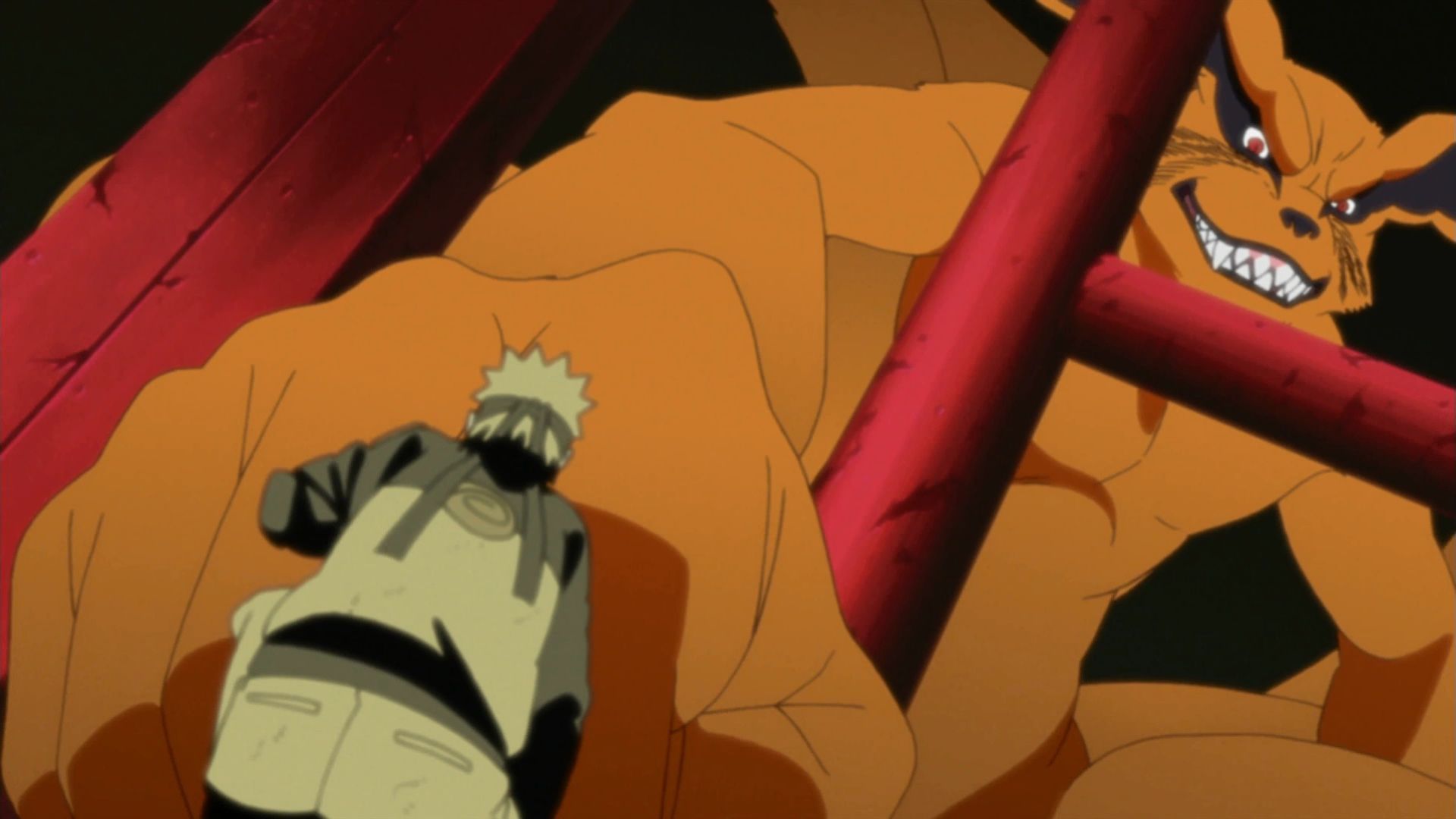
This was a deeply disrespectful prank filled with a poignant meaning. Having very few connections in the series and being shunned by the entire village, Naruto’s outlandish acts were done for the sake of making himself seen in a world that ignored him. His driving factor of recognition resonates deeply with most fans.
His flaws, stubbornness and naivety, wishing to save the likes of Sasuke even after he threatened Konoha, may annoy many viewers but also provide more layers to his character. Humans do not always make the ideal choice, driven by the desires of their hearts. Similarly, even though Naruto knew Sasuke was a dangerous criminal, he refused to give up on him and forgave his crimes.
He openly expresses emotions of happiness, sadness, betrayal, and loss without trying to keep anything inside him. By pouring his heart out to friends and enemies alike, Naruto wishes to form a bond with everyone to compensate for his childhood. This recurring nature, which doesn’t aim for perfection but rather humanization, makes him much more than just a typical shonen protagonist.
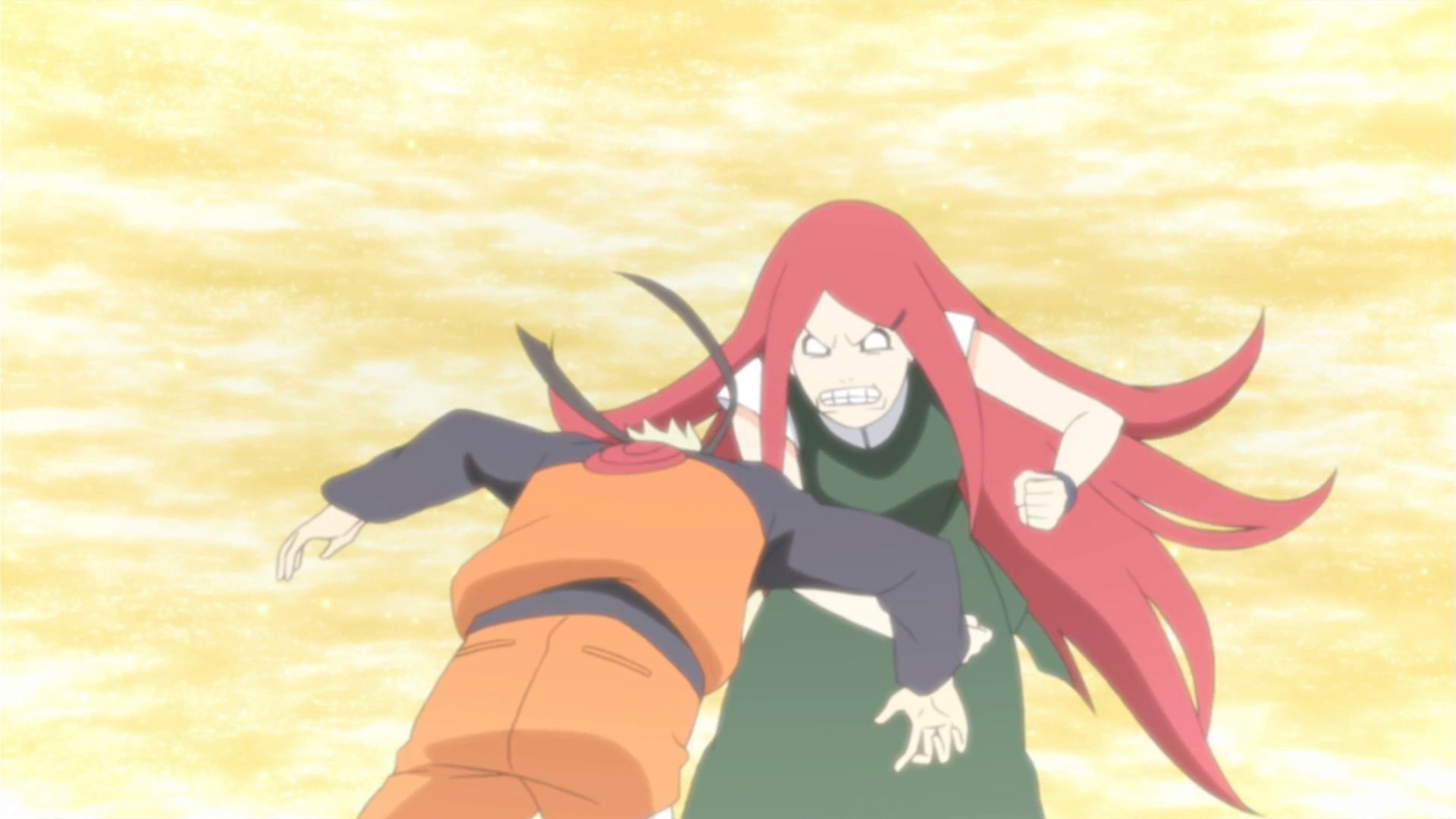
Additionally, Naruto has blond hair and blue eyes, a feature that seems unorthodox for the protagonist of a Japanese anime. These traits make him visually distinct from other characters, even leaning more towards a western appearance. Fans theorize that the color yellow is associated with an energetic personality, which accurately reflects Naruto’s character. Hence, by giving him a neutral appearance that is not strictly tied to one region, the creators made Naruto more universally endearing.
Naruto’s Organic Growth
Most shonen protagonists have cheat codes or hacks that allow them to gain explosive strength to face powerful enemies. Naruto’s growth, however, feels authentic due to the effort he puts into overcoming his challenges.
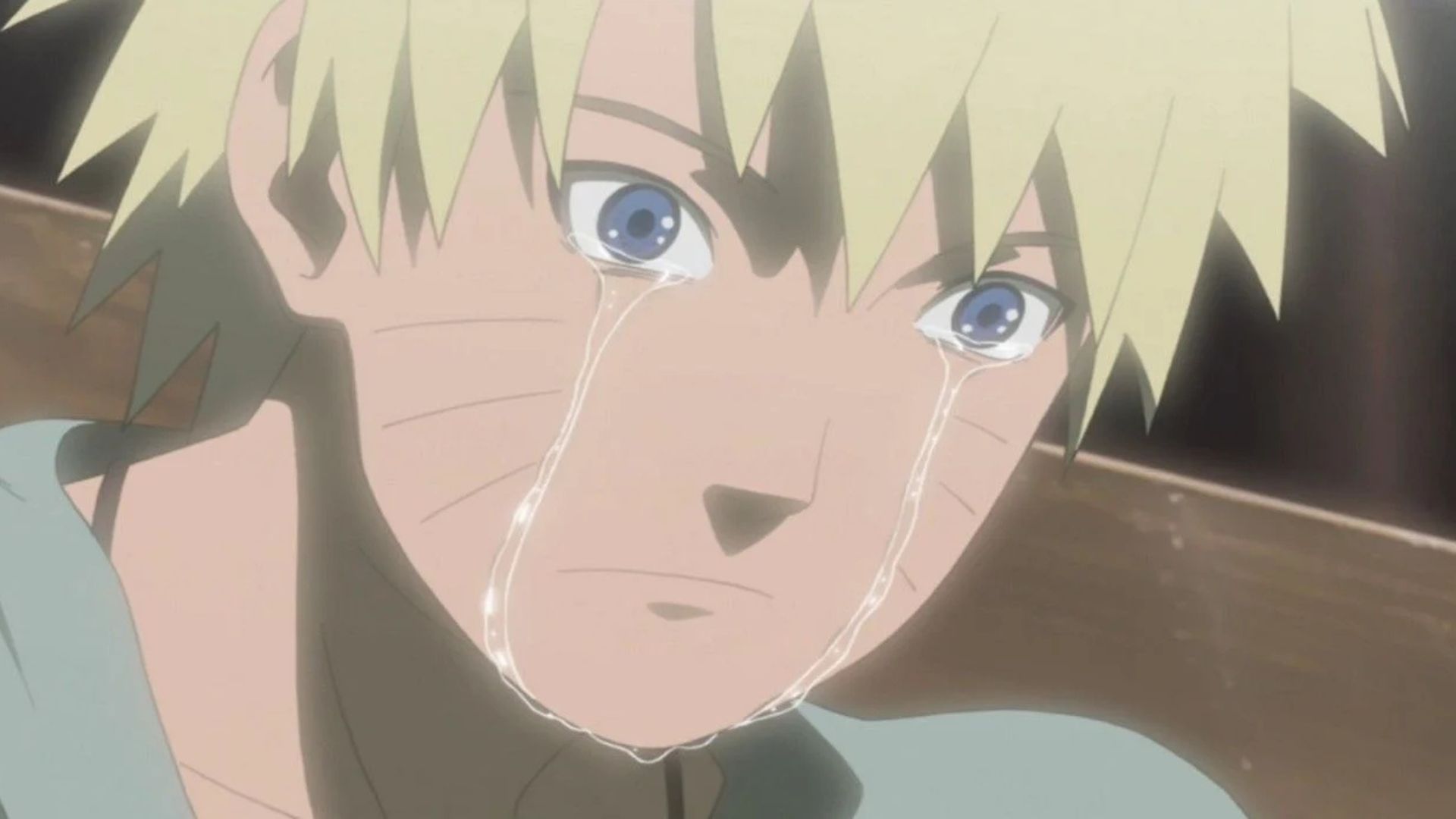
Despite having a tailed beast in his body, Naruto couldn’t use its powers for a long time. He struggled in learning jutsu for a considerable period before being rewarded for his perseverance with the Shadow Clone technique. Even after learning the Rasengan, Naruto had to keep leveling it up as his opponents became more formidable.
This gradual step-by-step growth that never gave him any rapid increases in strengths made fans emotionally invested in his journey. The troubles he went through to master Senjutsu, his strain in controlling the Nine-Tails’ chakra, and many more highlight how his willpower has always been tested.
Nevertheless, the protagonist always emerged successful despite facing stumbling blocks. His struggles before finally achieving a goal feel cathartic and natural, rather than simple plot armor. Even going past his powers, Naruto’s development as a person from an unruly boy to the Hokage of his village is very organic. We witness first-hand how many times he’s been pushed down and gets back up for the sake of his allies, putting his life on the line continuously. Hence, his final maturity does not feel like it comes out of nowhere, but rather that it’s been a long time coming.
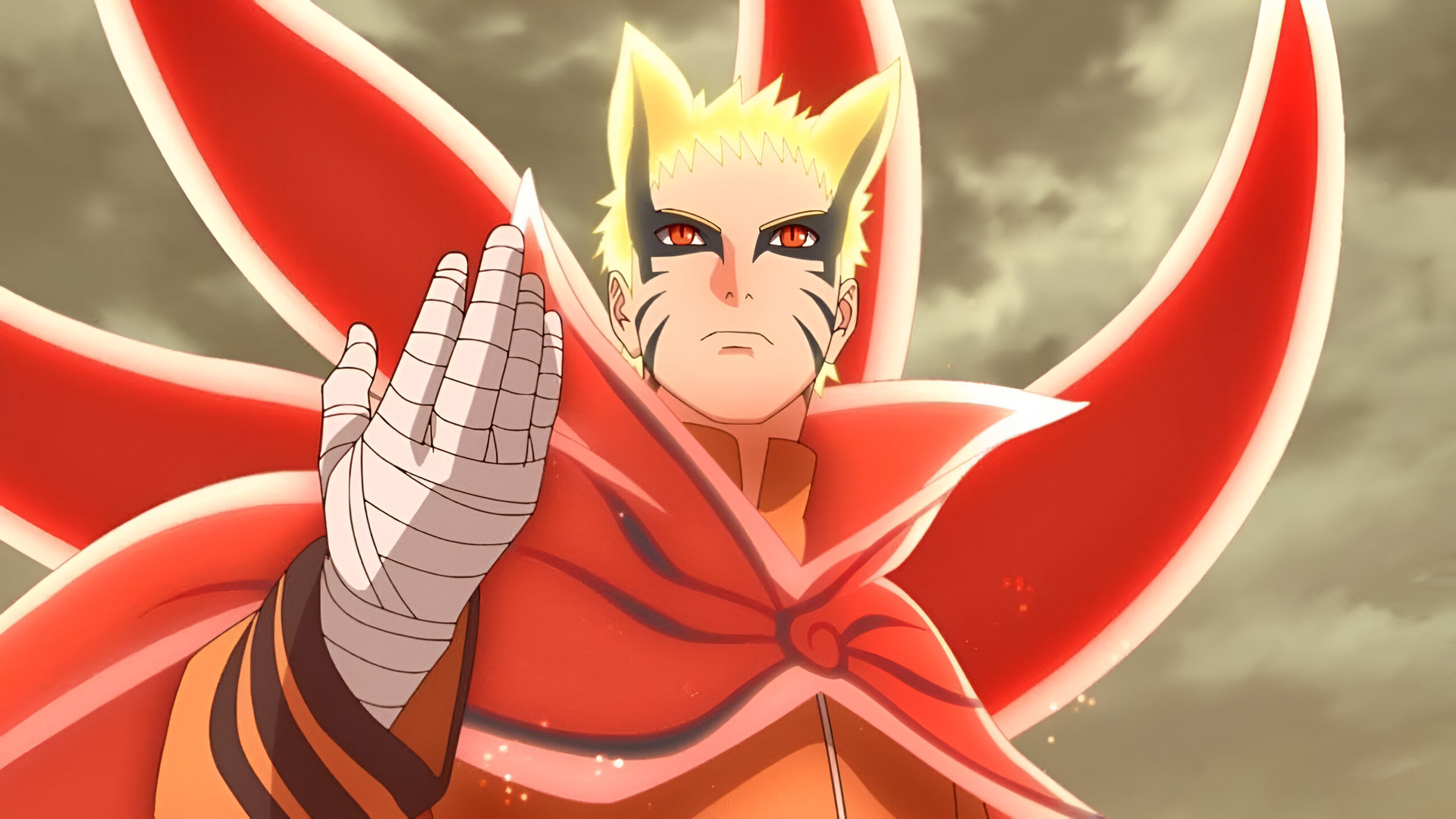
Naruto’s Rise from Zero to Hero
Everyone loves an underdog story, and Naruto’s life is possibly one of the greatest underdog stories ever. No one ever had any expectations from Naruto, and the boy had incurred the hatred of most of his village. This placed him behind the starting line, severely affecting his mentality.
Still, he clung to his ambition of becoming Hokage, hoping to lead the very same village that ignored him. Right from the Chunin Exams to Pain’s Assault and the monumental role he plays in the Fourth Ninja War, we see him rack up accomplishment after accomplishment.
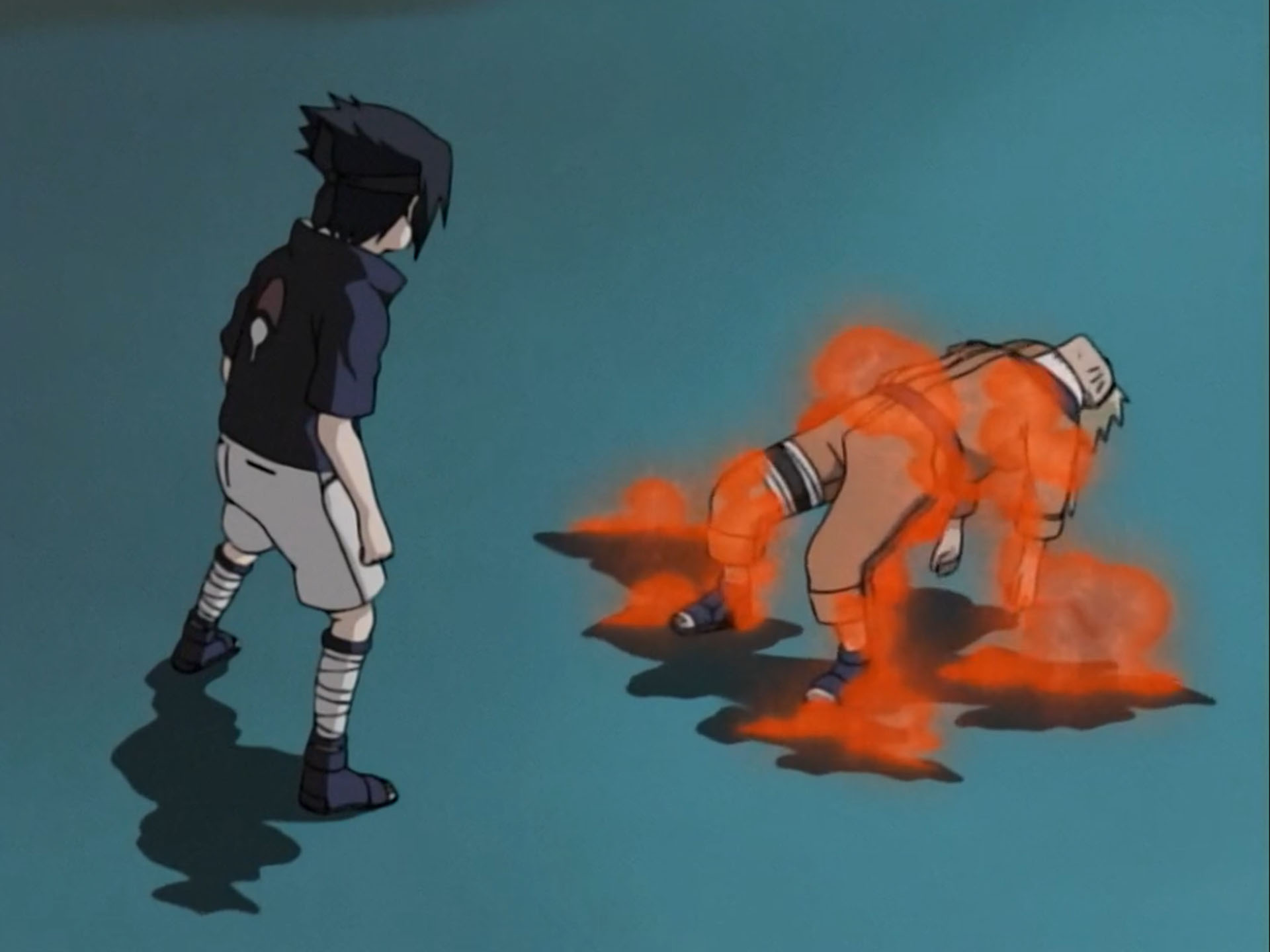
Naruto’s speech to Neji emphasized the main reason behind his rise, the relentless need to prove his worth rather than just growing stronger. Holding true to these ideals throughout the series, he finally achieves his dream. This encapsulates his philosophy – that one’s future is not predetermined but shaped by effort and tenacity.
Naruto’s journey from the ground to the very top is marked by innumerable moments of resilience. Despite the countless ups and downs, he persisted and held true to his beliefs. Hence, when he finally becomes Hokage, his victory feels personal for fans. Every viewer sitting at home has been rooting for this struggling protagonist for hundreds of episodes, and his success is emotional while cementing his legacy.
The Unwavering Loyalty of Naruto
Naruto’s loyalty to his friends and village is one of his most endearing qualities. Naruto had been treated poorly by his village ever since a young age, giving him all the reasoning to betray them if necessary. Despite this, he never harbored resentment and dedicated himself to protecting them. During Pain’s attack on the village, he faced the terrifying Akatsuki member alone while the villagers watched the person they once hated fight to save them.

Similarly, Naruto kept chasing Sasuke even after his defection. When the world called him a terrorist, Naruto was one of the few who wished to understand the reasoning behind his actions and truly help him. Their final battle was not just a fight but a culmination of Naruto’s unwavering belief in their bond. His refusal to kill Sasuke, despite having every reason to, speaks volumes about his character.
His willingness to put others above himself is an extreme form of selflessness that highlights his faith. Hence, Naruto achieving his dream was a moment of jubilation that every member of Konoha, as well as Naruto’s past enemies, celebrated.
Core Values Depicted by Naruto
Many anime fans have spoken at length about how Naruto’s progression and teachings have changed the way they view life. As a character, Naruto embodies perseverance, empathy, and the belief in second chances.
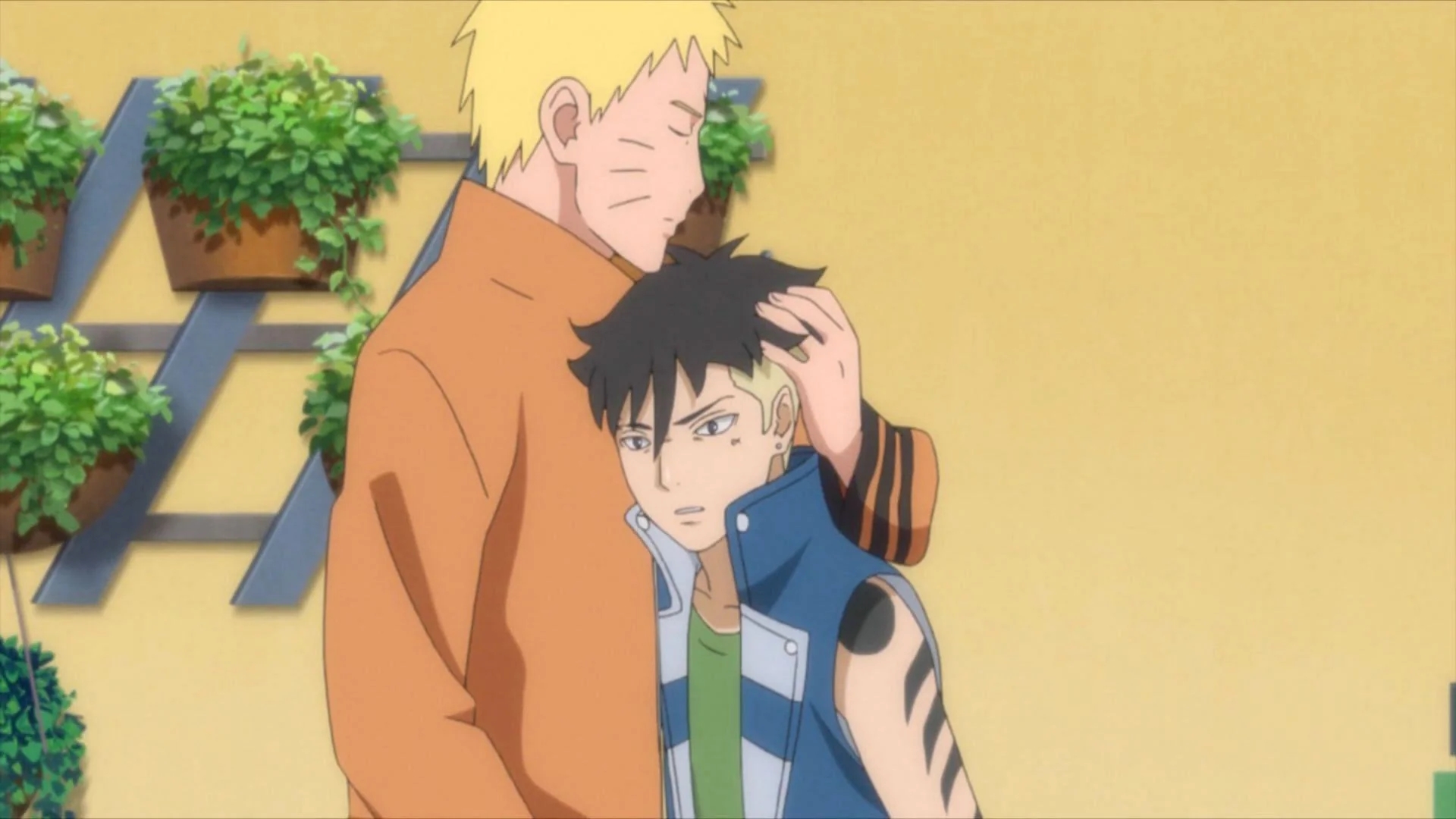
Unlike the jinchuriki Gaara, who took a negative view of the world due to his ostracization, Naruto wished to change others’ opinions of him. He is able to empathize with everyone, realizing that people are not born evil but are shaped by their environment. His bond with Kurama best reflects his capacity for understanding. Rather than seeing Kurama as a monster, Naruto acknowledged its pain and formed a bond with it.
He carries these teachings into Boruto, striving to impart them to his children while prioritizing the entire village equally. Naruto’s ability to bridge gaps and communicate effectively is a rare quality, making him a highly lovable protagonist.
Conclusion
Naruto Uzumaki is a highly lovable protagonist because the narrative emphasizes both his strengths and flaws while showcasing his growth. His relatability, inspiring journey, and loyalty towards others act as a story of hope and perseverance. Naruto’s journey from an outcast to the Hokage and his accomplishments deeply resonate, leaving an unforgettable mark in our hearts.
Looking For More?
Thank you for reading the article. We provide the latest news and create guides for Baldur’s Gate 3, Starfield, ARK Survival Ascended, and more. Also, watch Deltia play games on Twitch or visit his YouTube channel!
 Reddit
Reddit
 Email
Email